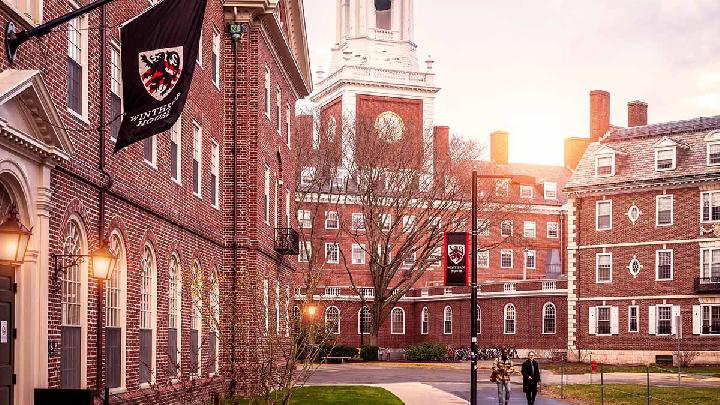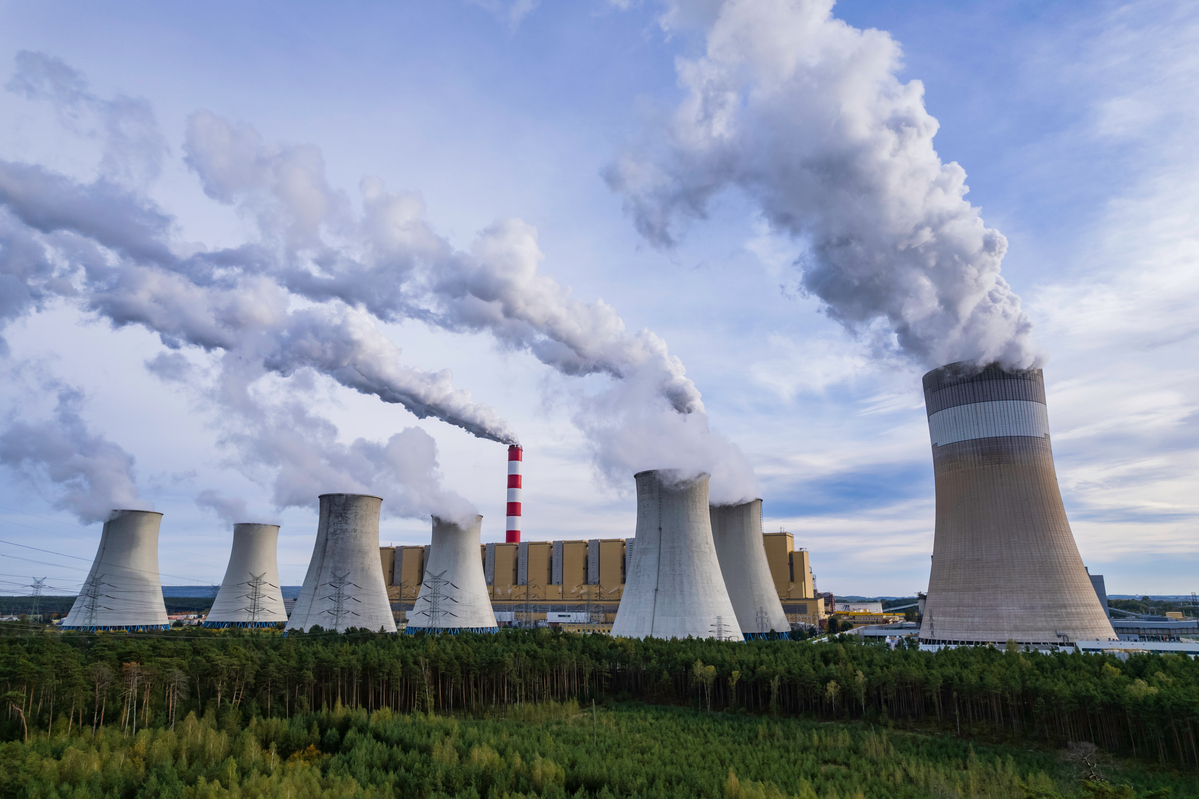Copyright thehindu

The Bangalore Water Supply and Sewerage Board (BWSSB) has called tenders for nine new Sewage Treatment Plants (STPs) in the city that together will treat 535 million litres per day (MLD) of sewage. This will take the city’s overall sewage treatment capacity to 1883.5 MLD when completed. Despite this, the city will still be a long way behind to reach a target of over 2,740 MLD. Presently, the city generates 2,120 MLD of sewage every day and an additional 620 MLD is expected with the augmentation of Cauvery V Stage. “Six of these STPs will produce power through biogas. and the tertiary treated sludge will be converted into manure and sold. Both these will bring in revenue to the board. They will also have an odour control unit that helps reduce the foul odour that usually comes from a STP,” said V. Ramprasath Manohar, Chairman, BWSSB. Power generation The six STPs with a processing capacity of 50 MLD or more will generate power up to 4 MW through biogas. This is a new technology being implemented in the city. Only the STPs in Hebbal and Vrishabhavati valley currently have this technology. This power is locally consumed to run the plant, designed in such a way that at least half of the power requirement is met through biogas. The power bill is one of the biggest components of running an STP, and this will reduce the board’s dependence on the Bescom grid, saving money, officials said. Eco-friendly These STPs will, for the first time, be equipped with the latest anaerobic technologies, like the A2O Technology with tertiary treatment unit - a disc filter, which will help meet outlet parameters with the new norms of the Central Pollution Control Board and National Green Tribunal. The disc filters as tertiary treatment units are more eco-friendly than conventional treatment units like multimedia units or sand filter beds. The sludge produced by these plants are treated and safe for use like manure. The BWSSB also intends to sell manure to make revenue, the BWSSB sources said. The nine STPs’ put together will cost ₹2,071.21 crore. Sources said that while the State government and the BWSSB each will pitch in with 25% of the cost, the rest will be financed through a loan. The BWSSB will soon call for an Expression of Interest (EoI) from financial institutions for the loan.



